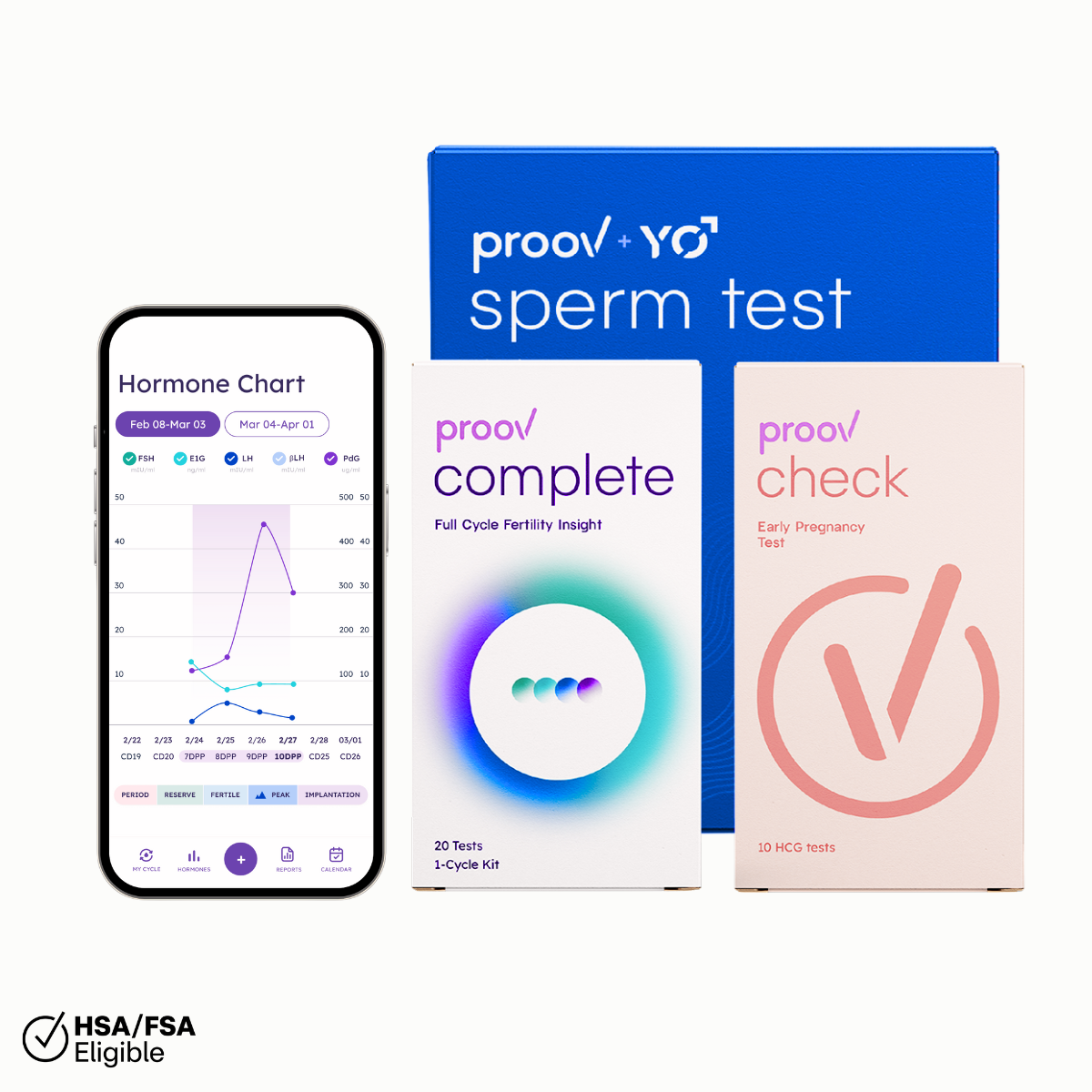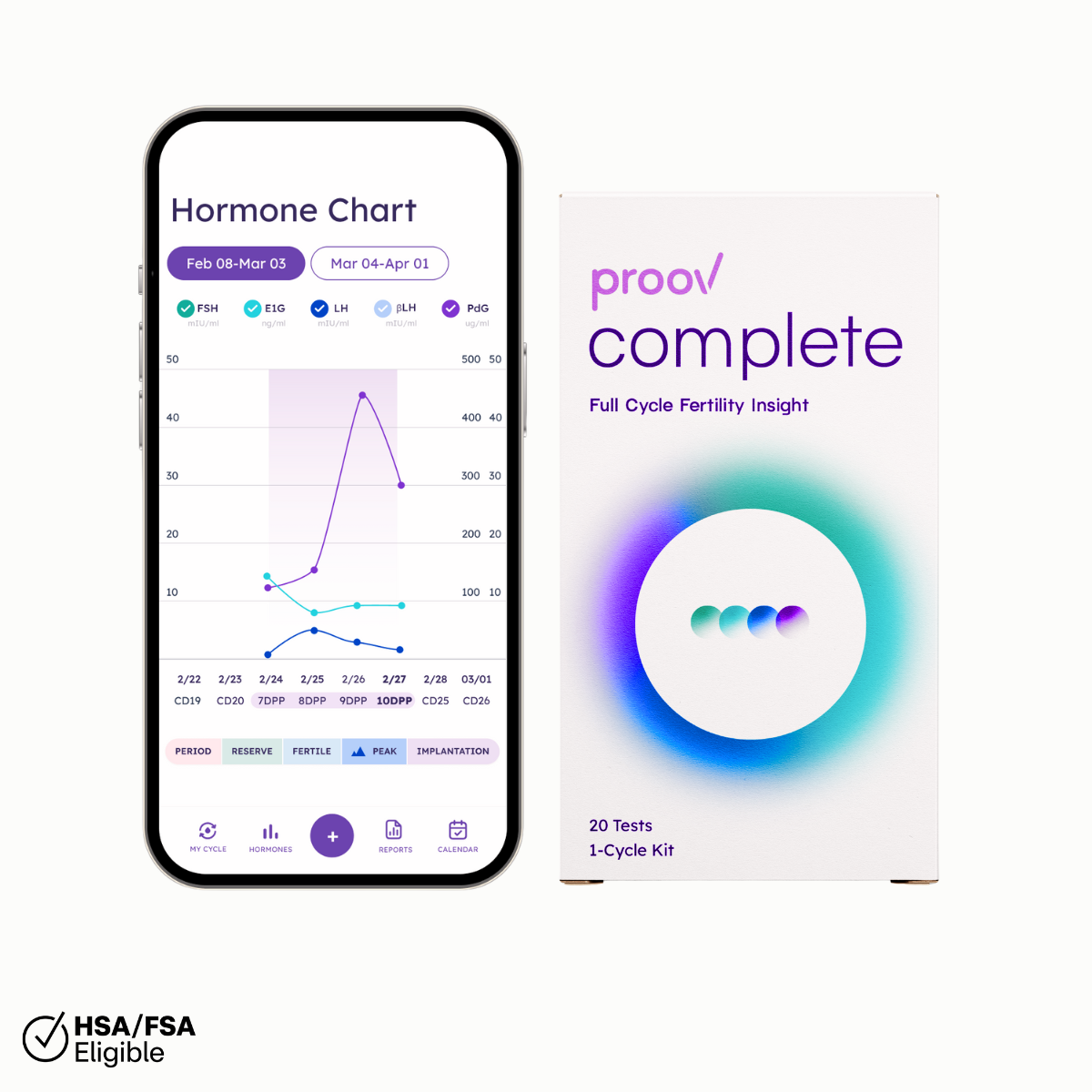So you’re scrolling through Instagram and you see a post of McDonald’s french fries with a caption explaining that they are being eaten on a trip back from the doctor after egg retrieval. What gives? There are lots of fertility superstitions, some of which, have a bit of science backing up what may just seem to be a fun tradition.
Eating a pineapple core after ovulation or IVF embryo transfer. Pineapple cores contain something called bromelain, which is an enzyme that helps to break down and digest food. If you eat bromelain on an empty stomach, it can act as a blood thinner and an anti-inflammatory. These properties can potentially help an embryo implant into the uterus.

Eating Brazil nuts after ovulation. Brazil nuts contain selenium, a mineral that helps to thicken the uterine wall. A healthy uterine lining can encourage implantation. Selenium is also a mild anticoagulant, which can increase blood flow to the ovaries and uterus.
Eating McDonald’s french fries after egg retrieval. After egg collection, in patients at risk for ovarian hyperstimulation syndrome (OHSS), doctors recommend eating salty foods. Someone along the way took this to heart and went and ordered some salty fries from Mickey D’s, and lo and behold, she got pregnant. Once she shared her story, this superstition was born. So yes, there is a partial truth to this statement, but if you are at risk for OHSS anything salty will do.
Drinking pomegranate juice before ovulation. Does pomegranate juice help with fertility? Pomegranate juice is rich in antioxidants and is rumored to increase fertility. In women, pomegranate and fertility do go together because pomegranate juice increases blood flow to the uterus and promotes healthy uterine lining. In men, drinking pomegranate juice can improve sperm concentration and motility.
Laying with your legs in the air after intercourse. This one isn’t totally true. Laying in bed for 10-15 minutes after intercourse is good advice, however, keeping your feet in the air probably isn’t helping. Your pelvis doesn’t move when you put your feet in the air, so gravity isn’t pulling the sperm up to the egg.
Using menstrual cups to “keep the sperm in.” Putting a menstrual cup inside the vagina forces the sperm to swim in one direction--towards the egg. A menstrual cup also encourages sperm to stay close to the cervix and uterus for a longer period of time, which could raise the chances of conception.
Wearing lucky socks to an embryo transfer. Many people believe wearing socks during an embryo transfer will prevent your body from losing heat, which in turn will keep you uterus warm and more receptive to an embryo. While this isn’t entirely true--even if you feel cold, your core temperature is probably still warm--there’s no harm in wearing warm, fuzzy socks to your transfer (some of those rooms can be cold!)

Proov inventor and CEO, Amy, always wears her lucky socks!
In the fertility world, it is important to know what superstitions have some truth and what is just plain fun. Fertility is complex and sometimes even the smallest of things and changes can help your journey. So, while there may be no direct evidence of french fries or socks helping you conceive, wear your lucky socks proudly and order the large fries. You deserve it!














